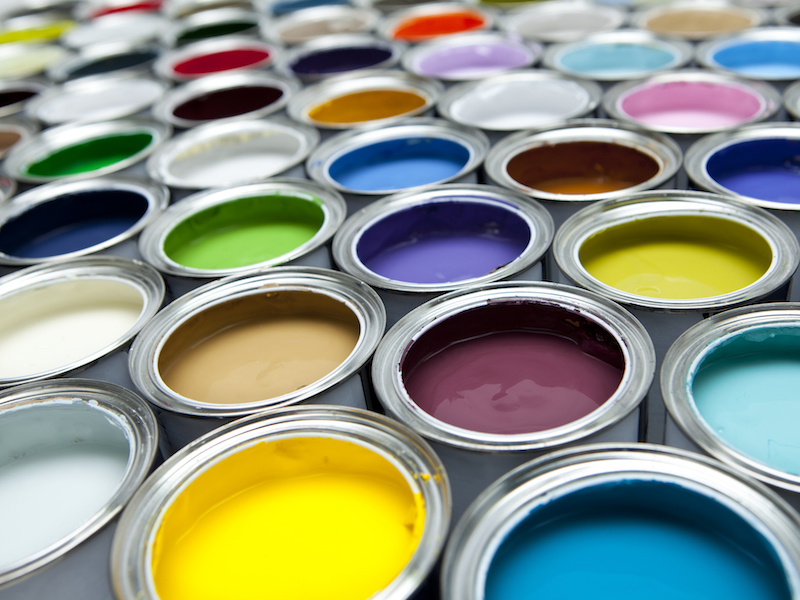
Sometimes it can be easy to recognize dangers to your hearing: loud machinery or a roaring jet engine. It’s not hard to persuade people to protect their ears when they know they will be around loud sounds. But what if your hearing could be damaged by an organic substance? After all, if something is organic, doesn’t that necessarily mean it’s healthy for you? How can something that’s organic be just as bad for your hearing as loud noise?
An Organic Compound You Wouldn’t Want to Eat
To be clear, we’re not talking about organic things like produce or other food products. According to recent (and some not-so-recent) research published by European scholars, chemicals known as organic solvents have a good possibility of damaging your ears even with minimal exposure. To be clear, the sort of organic label you find on fruit in the supermarket is entirely different. The truth is, marketers utilize the positive connections we have with the word “organic” to sell us products with the suggestion it’s actually good for you (or at least not bad for you). The term organic, when associated with food indicates that the growers didn’t employ certain chemicals. When we mention organic solvents, the word organic is related to chemistry. In the field of chemistry, the term organic refers to any compounds and chemicals that contain bonds between carbon atoms. Carbon can generate a large number of molecules and therefore practical chemicals. But that doesn’t imply they’re not potentially harmful. Each year, millions of workers are exposed to the hazards of hearing loss by working with organic solvents.
Organic Solvents, Where do You Come Across Them?
Some of the following products contain organic solvents:
- Glues and adhesives
- Degreasing elements
- Paints and varnishes
- Cleaning supplies
You get it. So, this is the question, will painting (or even cleaning) your living room damage your hearing?
Organic Solvents And The Hazards Related to Them
Based on the most current research available, the hazards associated with organic solvents tend to increase the more you’re exposed to them. So when you clean your home you will most likely be ok. The most potent risk is to people with the most prolonged contact, in other words, factory workers who produce or utilize organic solvents on a commercial scale. Industrial solvents, in particular, have been well investigated and definitively reveal that exposure can lead to ototoxicity (toxicity to the auditory system). Lab tests that utilized animals, in addition to surveys of people, have both shown this to be the case. Exposure to the solvents can have a detrimental effect on the outer hair cells of the ear, resulting in hearing loss in the mid-frequency range. The difficulty is that a lot of companies are don’t know about the ototoxicity of these compounds. An even smaller number of workers are aware of the hazards. So those workers don’t have standardized protocols to safeguard them. One thing that may really help, for example, would be standardized hearing exams for all workers who handle organic solvents on a consistent basis. These hearing examinations would detect the very earliest indications of hearing loss, and workers would be able to react accordingly.
You Need to Work
Regular Hearing exams and controlling your exposure to these solvents are the most frequent recommendations. But first, you have to be mindful of the dangers before you can follow that advice. It’s straight forward when the dangers are plain to see. Everyone knows that loud noises can harm your ears and so taking steps to safeguard your hearing from the daily sound of the factory floor are logical and obvious. But it’s not so straight forward to persuade employers to take safety measures when there is an invisible threat. The good news is, continuing research is helping both employers and employees take a safer approach. In the meantime, it’s a good plan to try to use these products in a well-ventilated place and to wear masks. Having your ears checked by a hearing care specialist is also a good idea.
